For me, he is one of the most talented football players in history, the Argentine was a rare combination of talent, ardor, vision and speed that delighted the fans.
Brilliant, shameful, special, genius, unrestrained. Diego Maradona. Soccer icon with a flaw.
One of the most talented football players in history, the Argentine represented a rare combination of talent, ardor, vision and speed that delighted the fans.
Part of the fans were infuriated by the controversial goal "God's hand", and in the second part of his career, he fell into the dark world of drug addiction and personal crisis off the field.

Nobi Styles - he didn't have teeth, but his heart was bigger than Wembley's
From the Mijatović crossbar to the flood in South Africa - all the tragedies of the football team
Ryan Giggs: The path of the Manchester United legend to the bench of Wales
Born 60 years ago in the guardhouses of Buenos Aires, Diego Armando Maradona escaped from poverty and became a football superstar and a player that many consider better than the Brazilian Pele.
The Argentine, who played 491 games and scored 259 goals in his career, surpassed Pele in a poll that decided on the best football player of the 20th century.
And then the World Football Federation (FIFA) decided to change the voting rules so that Pele and Maradona would share the recognition.
Maradona showed miraculous talent as a boy, when he led the Los Sebolitas children's team to a series of 136 games without defeat.
He made his debut for the national team of Argentina when he was 16 years and 120 days old.
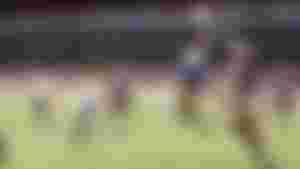
Short stature - 165 centimeters - he didn't really look like a classic athlete.
But his refined football skills, agility, vision, ball control, dribbling and passing helped him overcome the problems with being overweight and lack of speed.
He may have been able to escape with hostile opposing defensive players on the field, but he did not know how to avoid trouble.
Maradona's statistics of 34 goals in 91 games for Argentina reflect only a part of the story about his turbulent career in the national team jersey.
He led Argentina to the title of world champion at the World Cup in Mexico in 1986, and four years later in Italy to the final.
In the quarterfinals of the 1986 championship, he played a game against England that marked, in every sense, the continuation of his career.

Dementia - a serious threat to football players
Legendary football player Diego Maradona has passed away
That duel already had an additional background - the conflict between the two countries over the Falkland Islands four years earlier.
But what happened on the ground aroused even greater tensions.
In the 51st minute, there were no goals, and Maradona jumped on one high ball and transferred the ball into the net with his hand next to the running goalkeeper Peter Shilton.
He later said that the goal was "partly a consequence of Maradona's head, and partly of God's hand".
Four minutes later, Maradona scored, as many fans believe, the Goal of the Century.
He took the ball in his own half of the field, and then he started in the giant slalom, passed half of the English team, then Shilton and shook the net.
"It has to be said that this is magnificent. There is no dilemma for this goal. This is the work of a real football genius," said Barry Davis, a BBC commentator at the time.
By the end of the match, England managed to score one goal, but Argentina went further.

Maradona said after the match that it was "much more than a victory, because they knocked out England".
Maradona was twice the record holder in the amount of football transfers.
First when he moved from Boca Juniors to Barcelona for three million pounds in 1982, and then two years later when he went to Napoli for five million pounds.
He landed at the San Paolo Stadium in Naples by helicopter, and was greeted by 80,000 people. He was a new hero.
He played the best games of his career in the Napoli jersey, winning two Italian championship titles - in 1987 and 1990 - as well as the 1989 UEFA European Cup.
The celebration of the first title lasted for five days, and the fans blocked the streets of Naples.
Maradona found himself in the center of media attention, which began to suffocate him and burden him with excessive expectations.
"This is a great city, but I can barely breathe. I need freedom, to be able to walk. I am an ordinary guy like others," he once said.
Pele, Beckenbauer and the "giant football aphrodisiac" in New York
Branko Zebec - a Balkan genius created by the mighty Bayern
How Maradona became a golden boy
At one point, he connected with the Camorra mafia clan, got into a problem with cocaine addiction, and had a problem with a lawsuit to establish paternity.
After the defeat by West Germany in the final of the 1990 World Cup, he tested positive for doping, so he was banned from playing football for 15 months.
After that, he returned to the field, started playing good games again and was preparing for the World Cup in America in 1994.
However, the manic way of celebrating the goal against Greece in the group stage of the World Cup, turned on the red lights again.
After a couple of games, he left the national team and America, as it was announced that he was positive for a doping test for the banned substance ephedrine.
1977: Debut for Argentina against Hungary 1991: Penalized by a 15-month ban for a positive doping test
1982: Moves to Napoli after two seasons in Barcelona 1994: Plays the fourth World Cup, but is knocked out due to a positive doping test
1986: Wins World Cup with Argentina 1997: Positive on test again, ends playing career
1990: Second place at the World Cup, second title with Napoli 2010: Leaves Argentina as coach, following defeat in World Cup quarterfinals
1991: Sentenced to a 15-month ban for a positive doping test
1994: He plays the fourth World Cup, but is knocked out due to a positive doping test
1997: He tested positive again, ending his playing career
2010: He leaves the position of coach of Argentina, after the defeat in the quarterfinals of the World Cup

He retired three years later, on his 37th birthday, after being positive for narcotics for the third time.
However, the problems continued.
He was sentenced to two years and 10 months in prison on probation for an incident when he shot at journalists with an air rifle.
Due to the use of cocaine and alcoholism, he also had health problems - he gained weight, he weighed up to 128 kilograms, which is why he suffered a heart attack in 2004.
He had gastric bypass surgery to regulate his weight, after which he went to Cuba to fight his drug addiction.
Despite all that, Maradona became the coach of Argentina in 2008, which he led to the quarterfinals of the World Cup two years later.
The mandate ended in a 4-0 defeat by Germany.
This was followed by coaching work in a number of clubs, which always provoked numerous debates.

Of course, he has always been the center of media attention.
He had a lip reconstruction after the bite of one of his dogs, and he publicly admitted to Diego Armando Jr., who was born in an extramarital affair.
A good display of his chaotic lifestyle was seen in 2018 in Russia, at the World Cup match between Argentina and Nigeria.
Then he danced with Nigerian fans, prayed to God before the match, fiercely celebrated Messi's goal, fell asleep and showed his middle finger to everyone after Argentina's second goal.
According to some media reports, he needed medical help after the game.
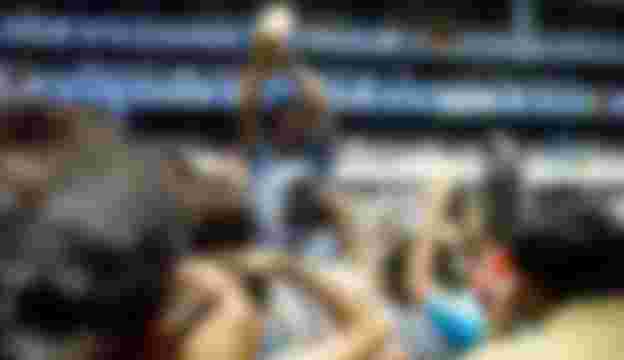
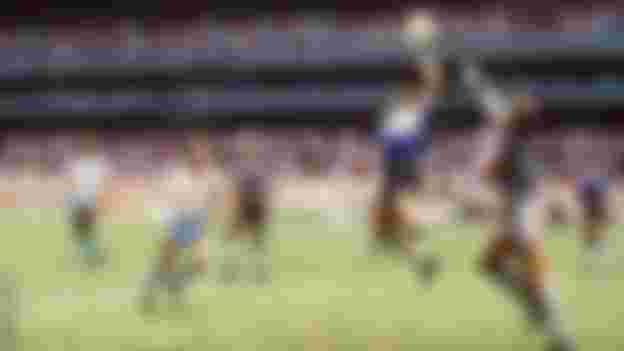
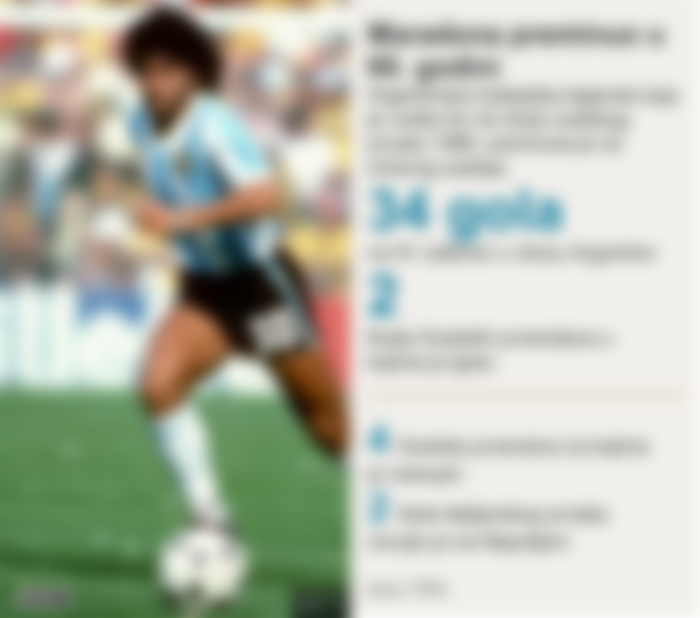
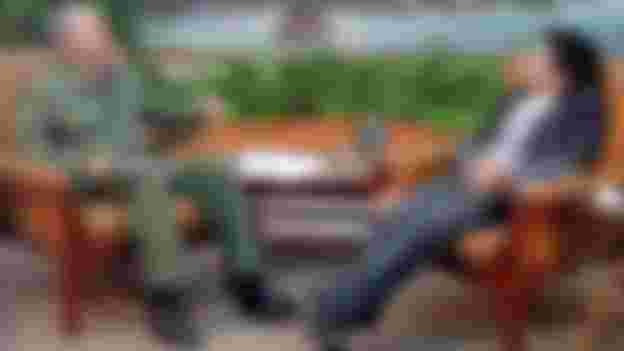
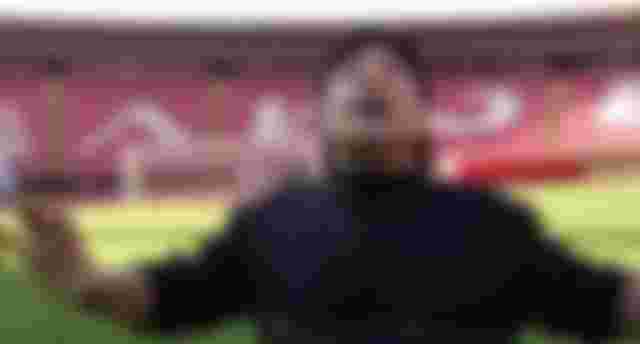
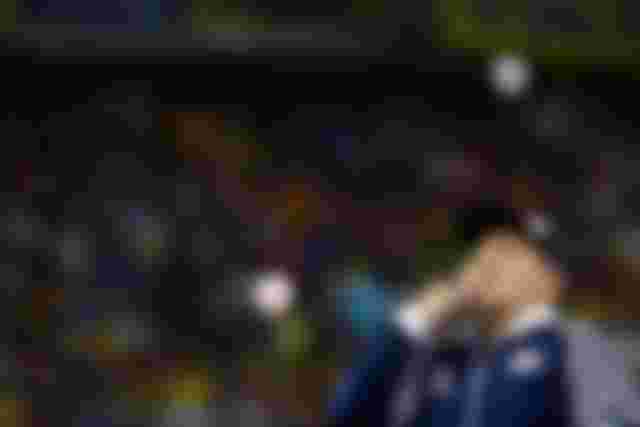
I mourned all night and watched videos of the best goals in matches. Goodbye Diego.